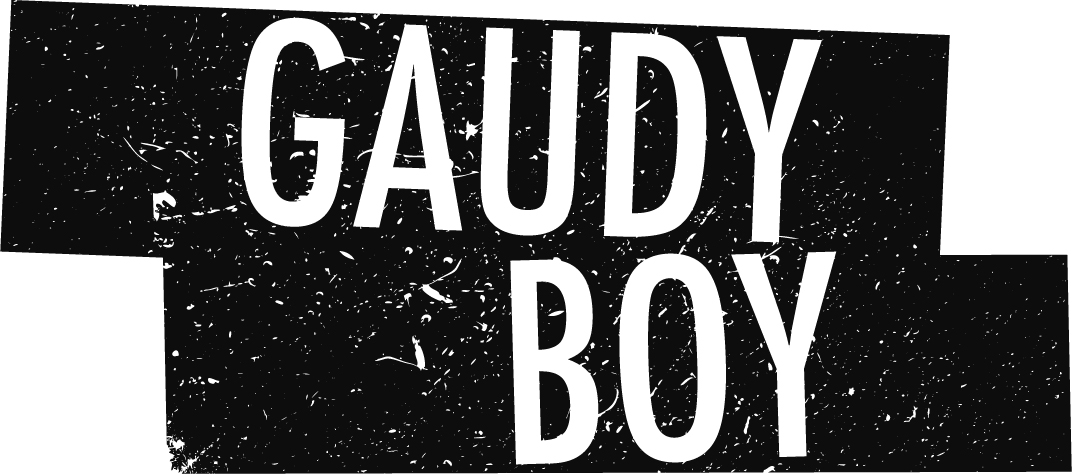Now that summer is on the horizon, bring in the warm weather by submitting to contests with deadlines of May 30 or May 31. Prizes abound for fiction writers with six awards being offered for short story collections or novels; additionally, nine fellowships of $5,000 each, plus other perks, are available for emerging fiction writers living in New York City. All contests offer a cash prize of $1,000 or more and two do not require an entry fee. Good luck, writers!
Anhinga Press Prize for Poetry: A prize of $2,000, publication by Anhinga Press, and 25 author copies is given annually for a poetry collection. Erika Meitner will judge. Deadline: May 31. Entry fee: $25 ($28 for electronic submissions).
Autumn House Press Literary Prizes: Three prizes of $1,000 each and publication by Autumn House Press are given annually for a poetry collection, a book of fiction, and a book of creative nonfiction. Each winner also receives a $1,500 travel and publicity grant. Carl Phillips will judge in poetry, Venita Blackburn will judge in fiction, and Lia Purpura will judge in nonfiction. All entries are considered for publication. Deadline: May 31. Entry fee: $30.
BOA Editions Short Fiction Prize: A prize of $1,000 and publication by BOA Editions is given annually for a short story collection. Peter Conners will judge. Deadline: May 31. Entry fee: $25.
Center for Fiction Susan Kamil Emerging Writer Fellowships: Nine fellowships of $5,000 each, a one-year membership to the Center for Fiction in New York City, and a year of access to the Writers Studio writing space at the center are given annually to fiction writers living in New York City who have not yet published a book of fiction. Winners also have the opportunity to meet with editors and agents who represent new writers. Applicants who on June 1, 2022, will be enrolled in a degree-granting program or are currently under contract with a publisher for a work of fiction are ineligible. Deadline: May 30. Entry fee: none.
Elixir Press Fiction Award: A prize of $2,000, publication by Elixir Press, and 25 author copies is given annually for a short story collection or a novel. Anthony E. Varallo will judge. Deadline: May 31. Entry fee: $40.
Gival Press Novel Award: A prize of $3,000 and publication by Gival Press is given biennially for a novel. Deadline: May 30. Entry fee: $50.
Milkweed Editions Max Ritvo Poetry Prize: A prize of $10,000 and publication by Milkweed Editions is given annually for a debut poetry collection by a U.S. poet. Henri Cole will judge. Deadline: May 31. Entry fee: $25.
Southern Poetry Review Guy Owen Prize: A prize of $1,000 and publication in Southern Poetry Review is given annually for a single poem. Deadline: May 31. Entry fee: $20 (which includes a subscription to Southern Poetry Review).
University of Georgia Press Flannery O’Connor Award for Short Fiction: A prize of $1,000 and publication by University of Georgia Press is given annually for a collection of short fiction. Lori Ostlund will judge. Deadline: May 31. Entry fee: $30.
Writer’s Center First Novel Prize: A prize of $3,000 is given annually for a first novel published in the previous calendar year. Deadline: May 31. Entry fee: none.
Visit the contest websites for complete guidelines, and check out the Grants & Awards database and Submission Calendar for more contests in poetry, fiction, and creative nonfiction.






